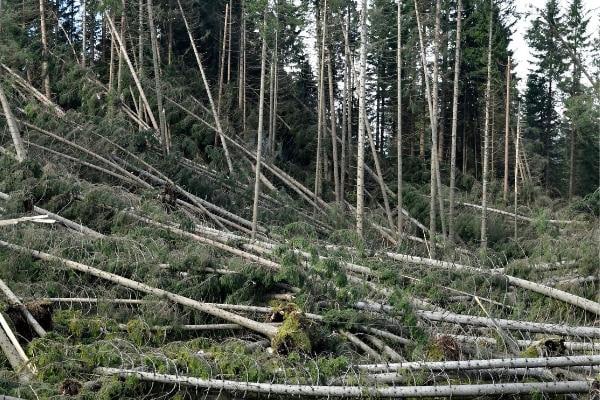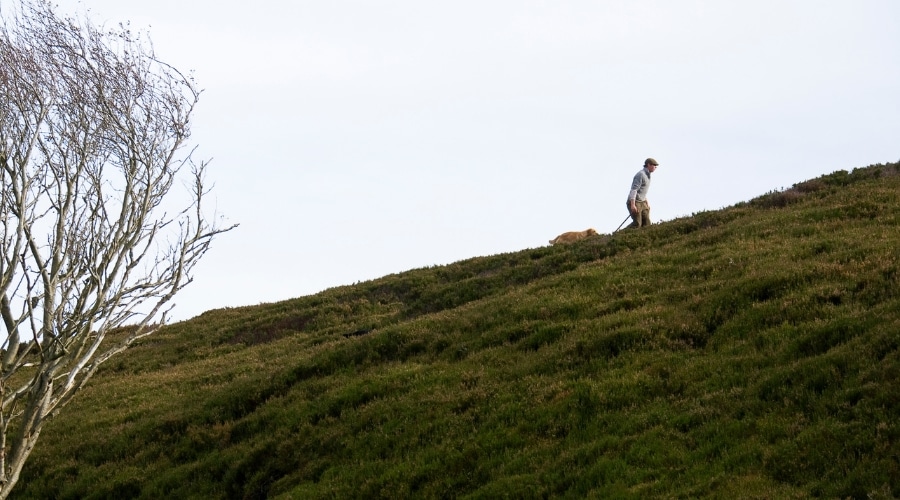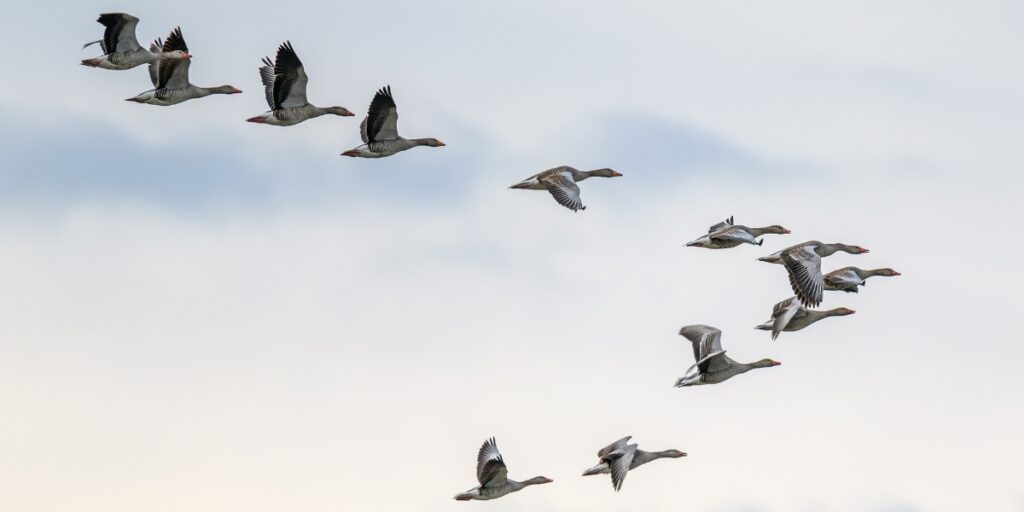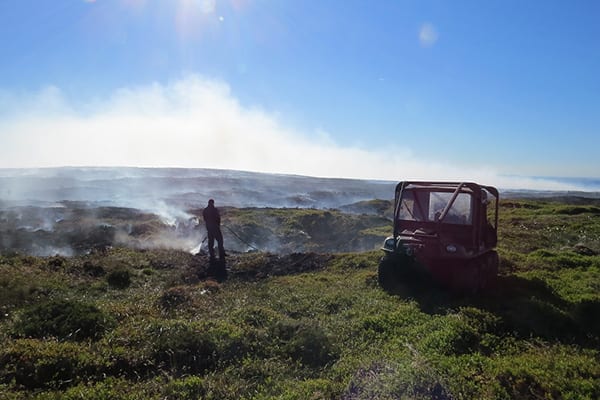
BASC calls for information on impact of Storm Arwen
BASC Scotland is appealing to shoots to respond to a survey assessing the impact of Storm Arwen on their businesses.
Get information on the legal shooting season for mammals and birds in the UK.
Apply for funding for your project or make a donation today
Comprehensive information and advice from our specialist firearms team.
Everything you need to know about shotgun, rifle and airgun ammunition.
Find our up-to-date information, advice and links to government resources.
Everything you need to know on firearms law and licensing.
All the latest news and advice on general licences and how they affect you.

We are all in this climate emergency together, and the skills of upland gamekeepers should be held in high regard, says BASC’s Gareth Dockerty.
Decades of industrial pollution and agricultural intensification have left our peatlands as a major source of greenhouse gas emissions. Restoring these globally designated habitats can reduce emissions significantly, aiding the battle against climate change.
In May 2021 the UK government published the England Peat Action Plan, which outlined its long-term vision for the management, protection and restoration of our peatlands. It was made very clear that healthy peatlands are a key part of achieving net zero targets. Subsequently, through the government’s Nature for Climate Fund, it has pledged £50million to restore 35,000ha of peatland by 2025.
The government admits it needs to scale up to hit its target, and with the peatland restoration organisations already pushed to the brim, it is imperative that the solutions are widened. With the second round of bidding for the fund due to open in April this year, options need to be opened up to include utilising individuals and businesses already on the ground and in place.
BASC is more than aware of the multifaceted skills of the modern upland gamekeeper; they are conservationists, habitat managers and wildfire wardens amongst other roles.
They already work with local contractors, and many have been restoring peatlands for decades through private investment. So, the infrastructure and knowledge are largely in place.
To further succeed, the government needs to open up, and support landowners to apply for, restoration and machinery grants. In many cases the work will not require a specialist team. It can be delivered at scale by those living within rural communities, with training provided to the existing rural workforce, including gamekeepers.
In the medium and long-term, peatland restoration will no doubt be viewed as a viable and exciting career, hopefully with bespoke qualifications and a stream of talented people training in this area. This should be being prioritised, like the recently opened Forestry Training Fund that offered grants of up to £3,000 for upskilling and changes of vocation.
The shooting community is on hand to help and has the skills to deliver at the local level. We just need effective and streamlined support that can deliver results.
We are all in this climate emergency together and the more we understand this the more practical restoration work will be undertaken and the better the outlook will be – particularly in terms of turning the tide on climate change and continuing to invest in local communities.
This article first appeared in The Yorkshire Post.

BASC Scotland is appealing to shoots to respond to a survey assessing the impact of Storm Arwen on their businesses.

Understanding the established global routes followed by migratory birds is key to ensuring the future of sustainable wildfowling.

Government exclusion on new burning regulations threaten the future of environmental and climate change studies.
Sign up to our weekly newsletter and get all the latest updates straight to your inbox.
© 2025 British Association for Shooting and Conservation. Registered Office: Marford Mill, Rossett, Wrexham, LL12 0HL – Registered Society No: 28488R. BASC is a trading name of the British Association for Shooting and Conservation Limited which is authorised and regulated by the Financial Conduct Authority (FCA) under firm reference number 311937.
BASC Direct Ltd is an Introducer Appointed Representative of Agria Pet Insurance Ltd who administer the insurance and is authorised and regulated by the Financial Conduct Authority, Financial Services Register Number 496160. Agria Pet Insurance is registered and incorporated in England and Wales with registered number 04258783. Registered office: First Floor, Blue Leanie, Walton Street, Aylesbury, Buckinghamshire, HP21 7QW. Agria insurance policies are underwritten by Agria Försäkring.
If you have any questions or complaints about your BASC membership insurance cover, please email us. More information about resolving complaints can be found on the FCA website or on the EU ODR platform.